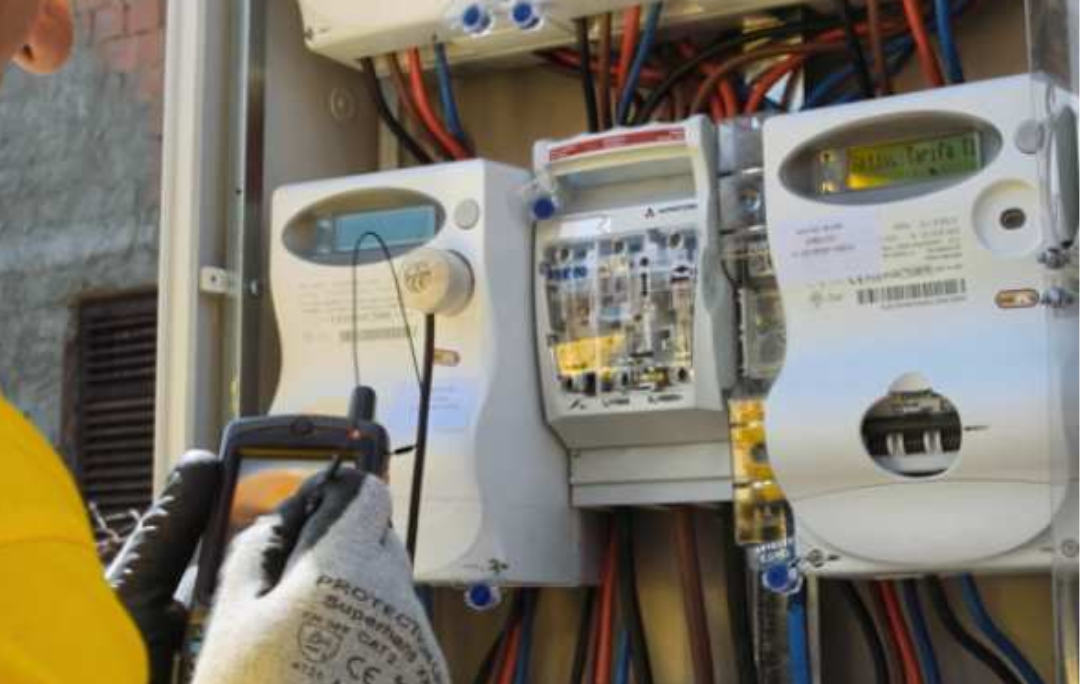Introduction – In the age of technological advancement, our homes are becoming smarter, and so should our energy management systems. One significant stride in this direction is the adoption of smart electricity meters. These innovative devices offer real-time data on energy consumption, allowing users to understand and optimize their habits for both environmental and financial benefits. In this blog, we’ll delve into the key features, advantages, disadvantages, and the exciting developments in the realm of smart electricity meters.
What is a Smart Meter?
A smart meter is not just an upgraded version of traditional meters; it’s a game-changer. It provides real-time insights into energy consumption, offers remote monitoring capabilities, and automatically transmits usage information to utility companies. In addition, these meters contribute to a more reliable power grid by relaying alerts about power outages between the utility provider and consumers.
How Does It Help You Save Money?
- Constant Monitoring: Smart meters enable two-way communication, helping you identify the most power-hungry devices in your home. This insight allows you to make informed choices about your energy usage.
- Electricity Deals: Stay informed about the latest electricity deals. Power companies can incentivize consumers to optimize their energy usage, leading to more efficient utilization of the power grid’s capacity.
- Goal Setting: The associated smart electric meter app lets you monitor usage deeply and set thresholds. For example, you can strategically manage your electricity consumption to fall into lower billing brackets, ultimately reducing your expenses.
Advantages of Smart Meters –
- Improved Meter Reading Accuracy: Eliminates estimated billing, providing accurate readings for fair billing.
- Instantaneous Fault Reporting: Alerts authorities promptly in case of irregularities, contributing to faster outage resolution.
- Wireless Pairing: Some smart meters allow centralized control of multiple devices, enhancing user convenience.
The Smart Meter National Programme in India –
The ambitious Smart Meter National Programme, led by EESL, aims to replace 25 crore traditional meters with smart meters. By October 2022, 30 lakh smart meters had already been successfully installed across various states. This initiative aims to reduce utility losses, increase revenue, and restructure the power supply sector for enhanced efficiency.
Smart Electric Meter Apps
Modern smart meters often come with dedicated apps, such as the Bihar Bijli Smart Meter. These apps, available for both iOS and Android devices, enable users to track energy usage, set alerts, and monitor consumption patterns conveniently.
Conclusion –
Smart electricity meters are not just devices; they represent a shift towards a more sustainable and efficient energy future. By understanding and leveraging the features of smart meters, consumers can actively participate in optimizing their energy consumption, contributing to both personal savings and environmental well-being. As the Smart Meter National Programme continues to roll out across the country, we can anticipate even more significant advancements in our approach to energy management. Embrace the change, make informed choices, and empower yourself with a smart electricity meter today.

